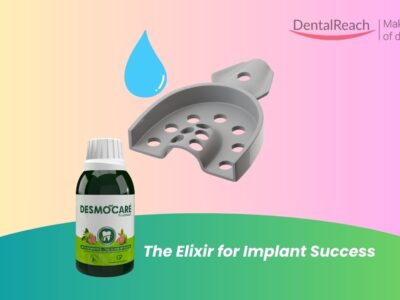Research Indicates Similar Efficacy Between Azithromycin and Amoxicillin/Metronidazole in Periodontitis Treatment
In a recent systematic review and meta-analysis, researchers explored the clinical efficacy and safety of two common antibiotic regimens—systemic azithromycin (AZT) and amoxicillin/metronidazole (AMX/MTZ)—as adjuncts to subgingival instrumentation (SI) for the treatment of periodontitis. The study aimed to ascertain whether one antibiotic regimen displayed superior results over the other in terms of clinical outcomes and safety.
The research team conducted a thorough search of electronic databases to identify relevant randomized controlled trials (RCTs), controlled clinical trials, and both prospective and retrospective human studies. Eligibility criteria focused on participants with periodontitis, interventions involving SI with adjunctive systemic AZT or AMX/MTZ, and primary outcomes centered on changes in probing pocket depths.
Results:
The meta-analysis included five studies with a total of 151 participants with periodontitis. Of these, 74 received adjunctive AZT, while the remaining participants received AMX/MTZ as an adjunct to SI. The study found that both AZT and AMX/MTZ had comparable changes in probing pocket depths at 1–3 months, with no statistically significant difference.
Interestingly, the adjunctive use of AZT led to significantly fewer residual sites with probing pocket depths of ≥5 mm at 1–3 months compared to AMX/MTZ. Additionally, adverse events were less prevalent among participants who received AZT (9.80%) compared to AMX/MTZ (14.8%), although the meta-analysis did not find a statistically significant difference in the rates of adverse events between the two groups.
Conclusions:
The study concluded that within the limitations of the review, there was no clear superiority between AZT and AMX/MTZ in terms of mean changes in probing pocket depths, clinical attachment level, and bleeding on probing at 1–3 months. However, AZT appeared to be associated with fewer residual sites with probing pocket depths of ≥5 mm and fewer adverse events compared to AMX/MTZ.
Clinical Relevance:
This research challenges the notion of one antibiotic regimen being superior to the other in the treatment of periodontitis when used adjunctively with subgingival instrumentation. Clinicians can consider both AZT and AMX/MTZ as viable options, with a potential preference for AZT due to its association with fewer residual probing pocket depths and adverse events.
Source: Australian Dental Journal




















Comments